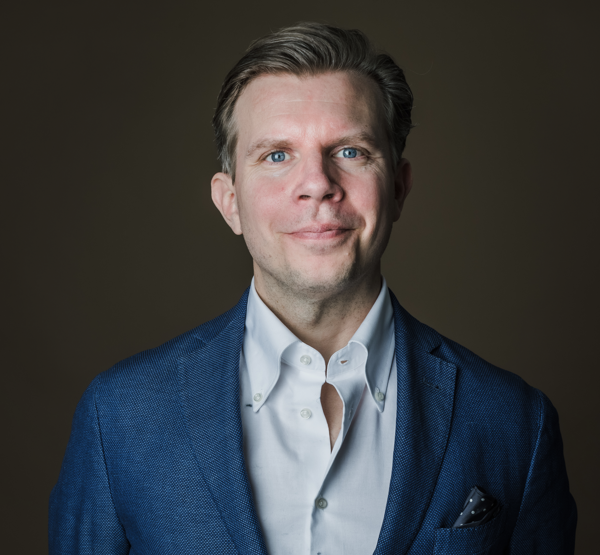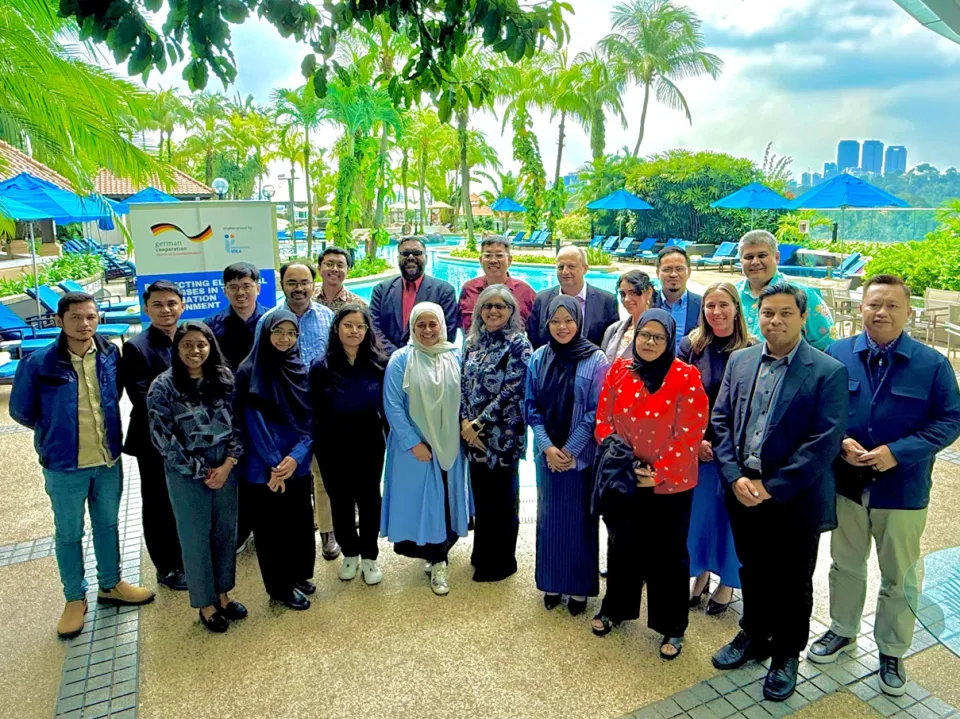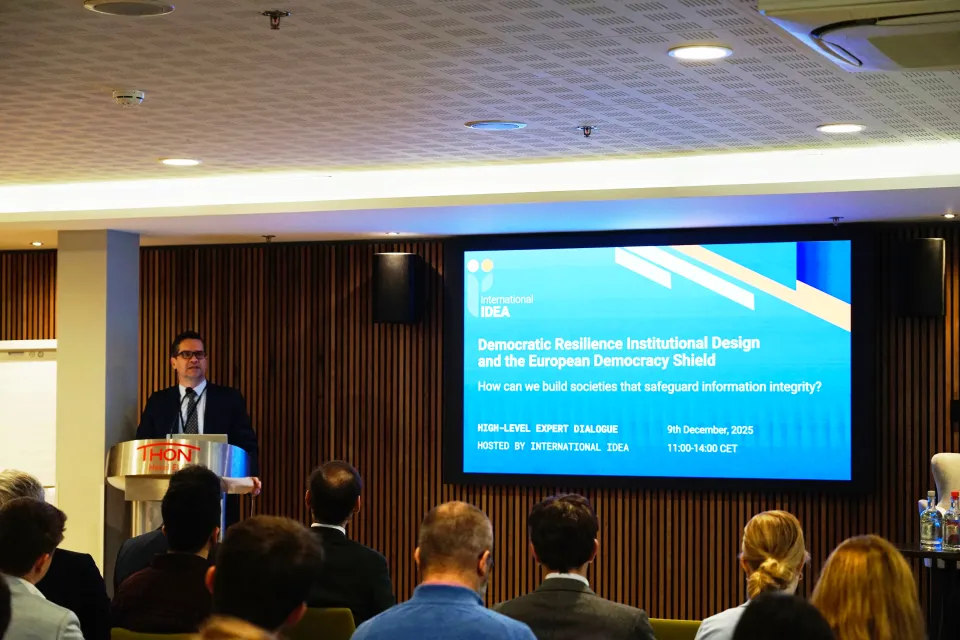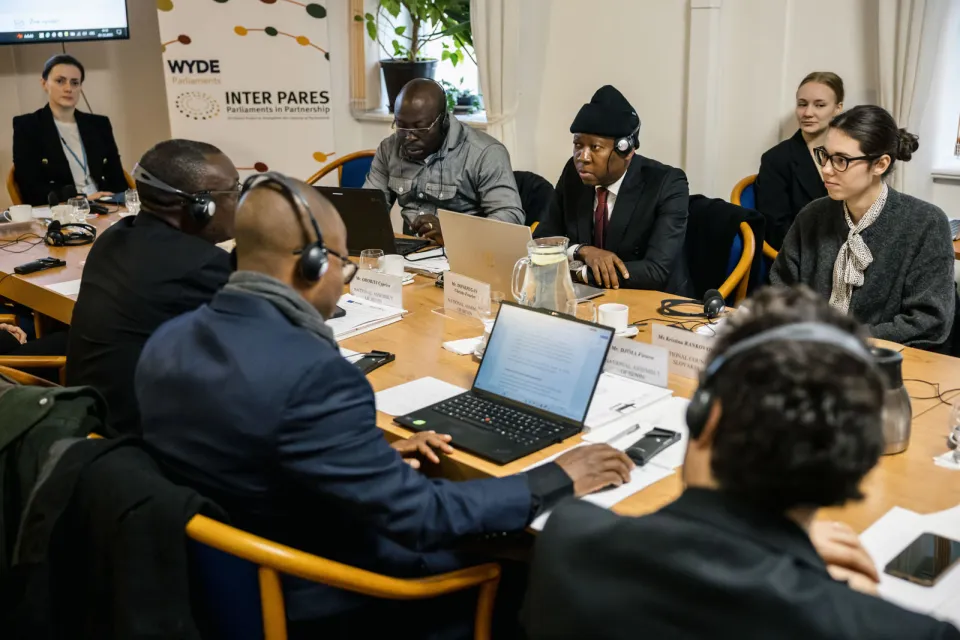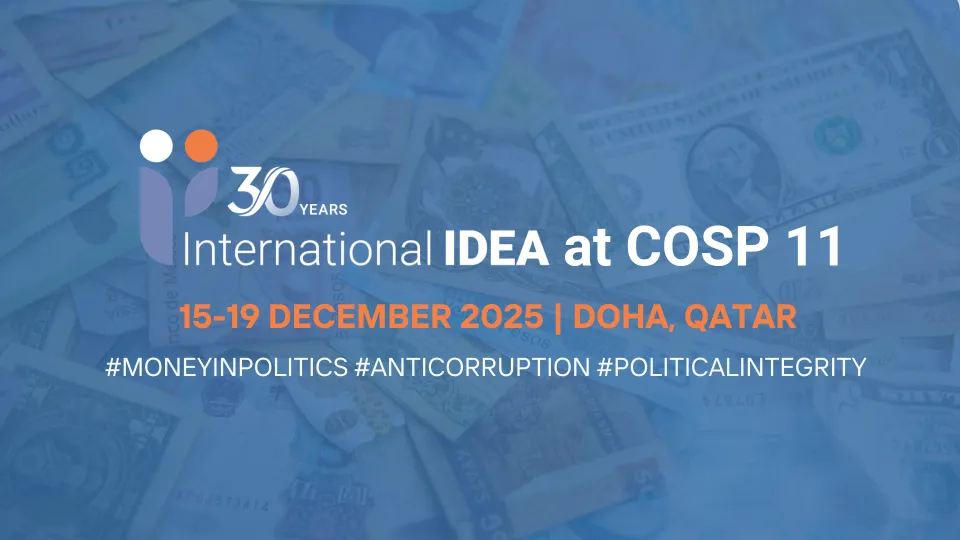Electoral Processes - Development Policy in Practice Workshop
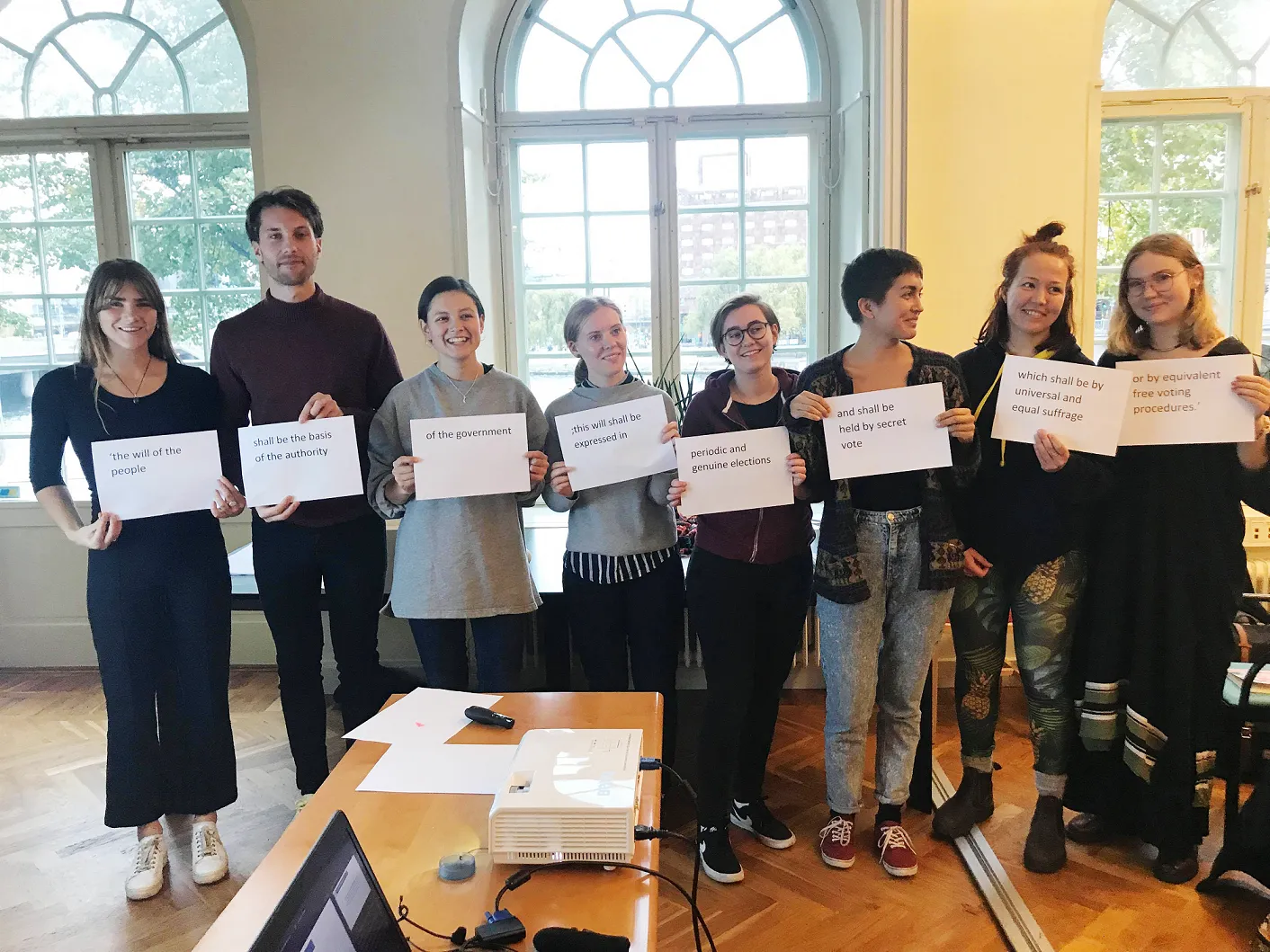
More than 30 students from Uppsala University visited International IDEA HQ on 9 October 2018 as part of their undergraduate course in ‘Development Policy in Practice.’ During their visit, the Electoral Processes Team organized a three-hour workshop focusing on the intersection between elections and development—and how this plays out in practice.
Therese Pearce Laanela, Head of Electoral Processes Unit, made the point that elections have an impact on any development work. In an optimistic scenario, a periodic election leads to peaceful transitions of government with stable policy environments. However, the reality is that the uncertainty of outcome, or even whether election results will be accepted, makes investment decisions difficult. For this reason, practitioners in the development field, regardless of sector, monitor electoral processes carefully.
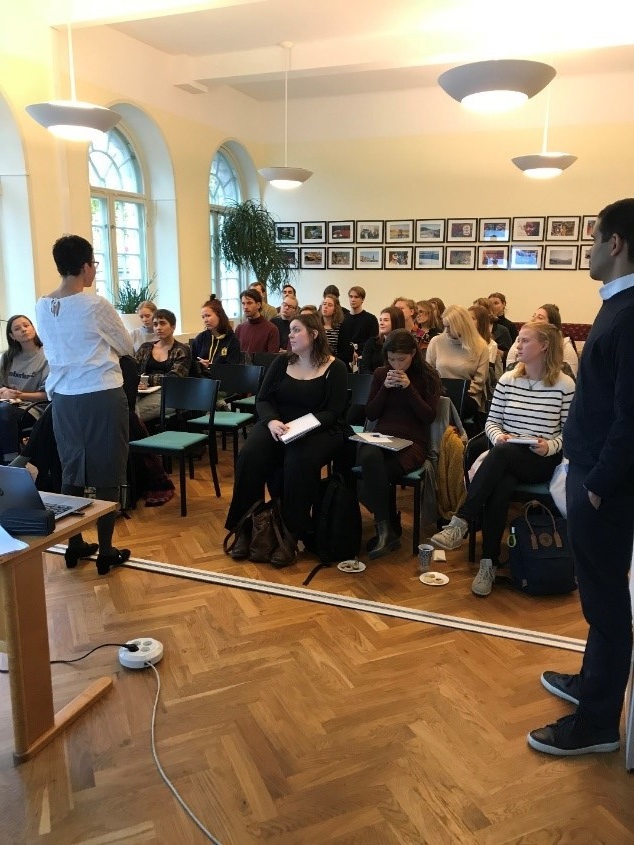

The workshop was designed to help the participants know what to look for in an electoral process. The workshop included Building Resource in Democracy and Governance in Elections (BRIDGE) activities to understand what a human-rights based approach looks like in the context of electoral assistance (see photo), how electoral assistance fits with the larger development picture, how electoral observation fits in the electoral assistance framework and what the elements of an electoral cycle are. The activities used for the study visit were built around ‘key understandings’ that effective electoral assistance must be seen in the context of international obligations and overall development goals (Agenda 2030 in particular); that an electoral process involves formal and informal actors (election management bodies, Electoral Dispute Resolution Bodies, Political Parties, civil society organizations, Media, Voters etc…); and that elections involve a cycle of interdependent components. “A BRIDGE-style methodology was chosen in order to expose the students to the type of adult learning that we and other organizations use as part of our electoral assistance package”, explained Erik Asplund, Programme Officer.
After a plenary the students were divided into three breakaway groups focusing on either electoral assistance or election observation. “Having worked as an election observer before joining International IDEA, I was able to share some of my personal stories on electoral observation missions in Ukraine, Macedonia, Kyrgyzstan and how election observation can add transparency and public confidence to an election” says Oliver Joseph, Associate Programme Officer.
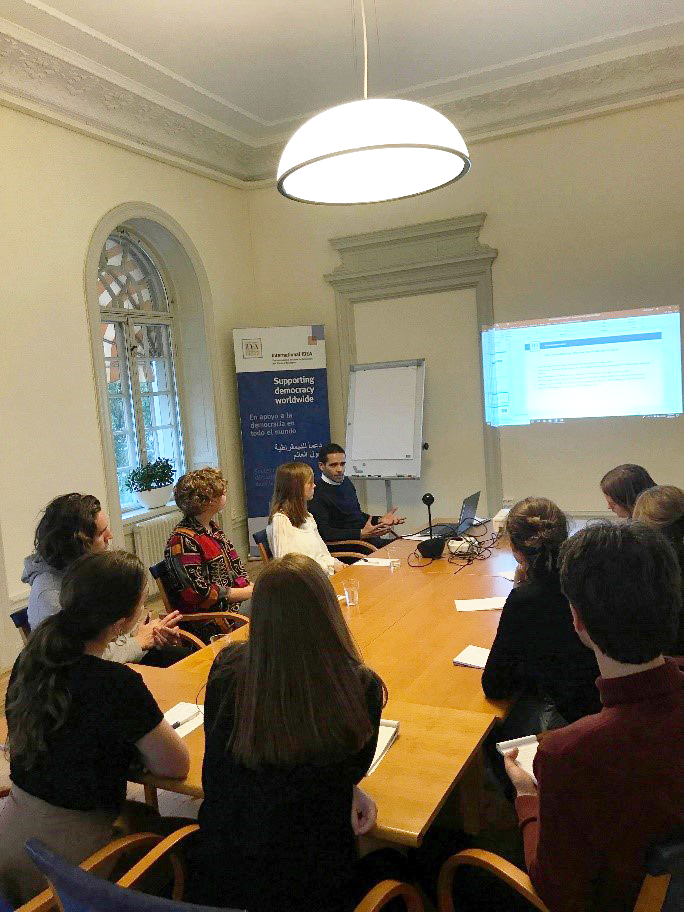
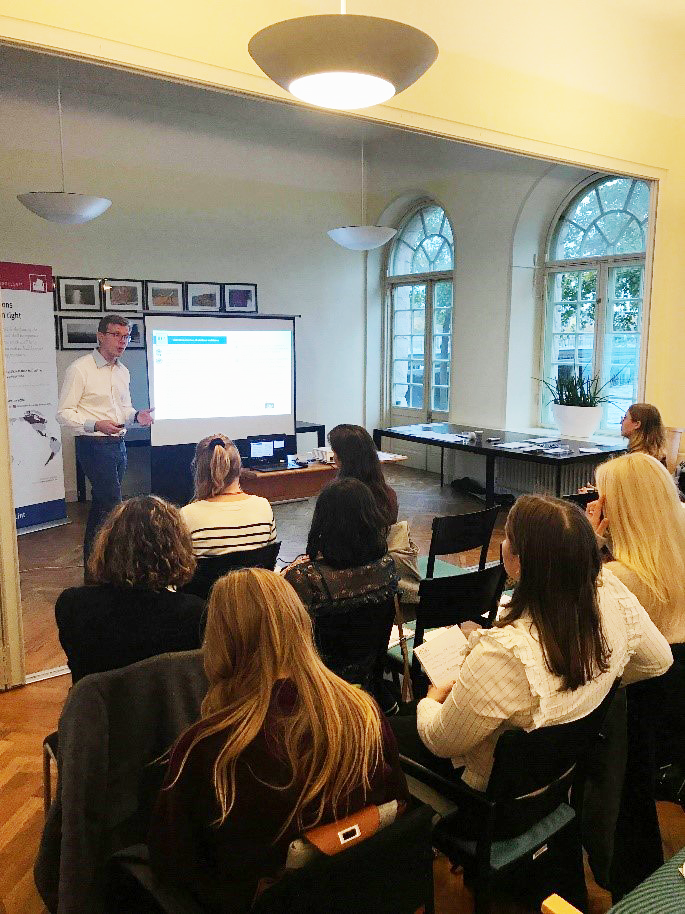
Elin Bjarnegård, Associate Professor, Department of Government, Uppsala University emphasized the importance for students studying development policy to be exposed to the practical dimensions of development work : “Having the link between theory and practice means that students gain a more nuanced understanding, no matter what development field they end up working with after completing their studies.” The students expressed their thought: ”great to be able to talk ’freely’ to people that actually work with what could be a possible future”. Another student mentioned that “the importance of elections is much more obvious to me now”, and “the information received was different than I though, more informative about the topic rather than specifically how IDEA works.” Another student mentioned that “the study visit was interesting and that the importance of elections is much more obvious to me now.”
All of the material used during the workshop: facilitation notes, facilitation resources, handouts and projected slides will be further improved based on participants feedback and made available for similar requests where International IDEA operates. For more information please contact Erik Asplund.
